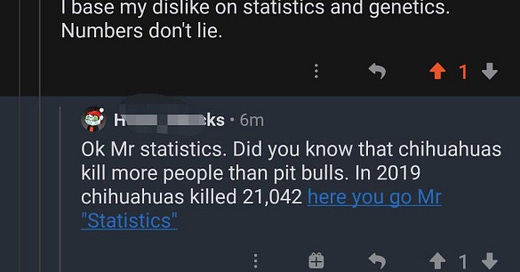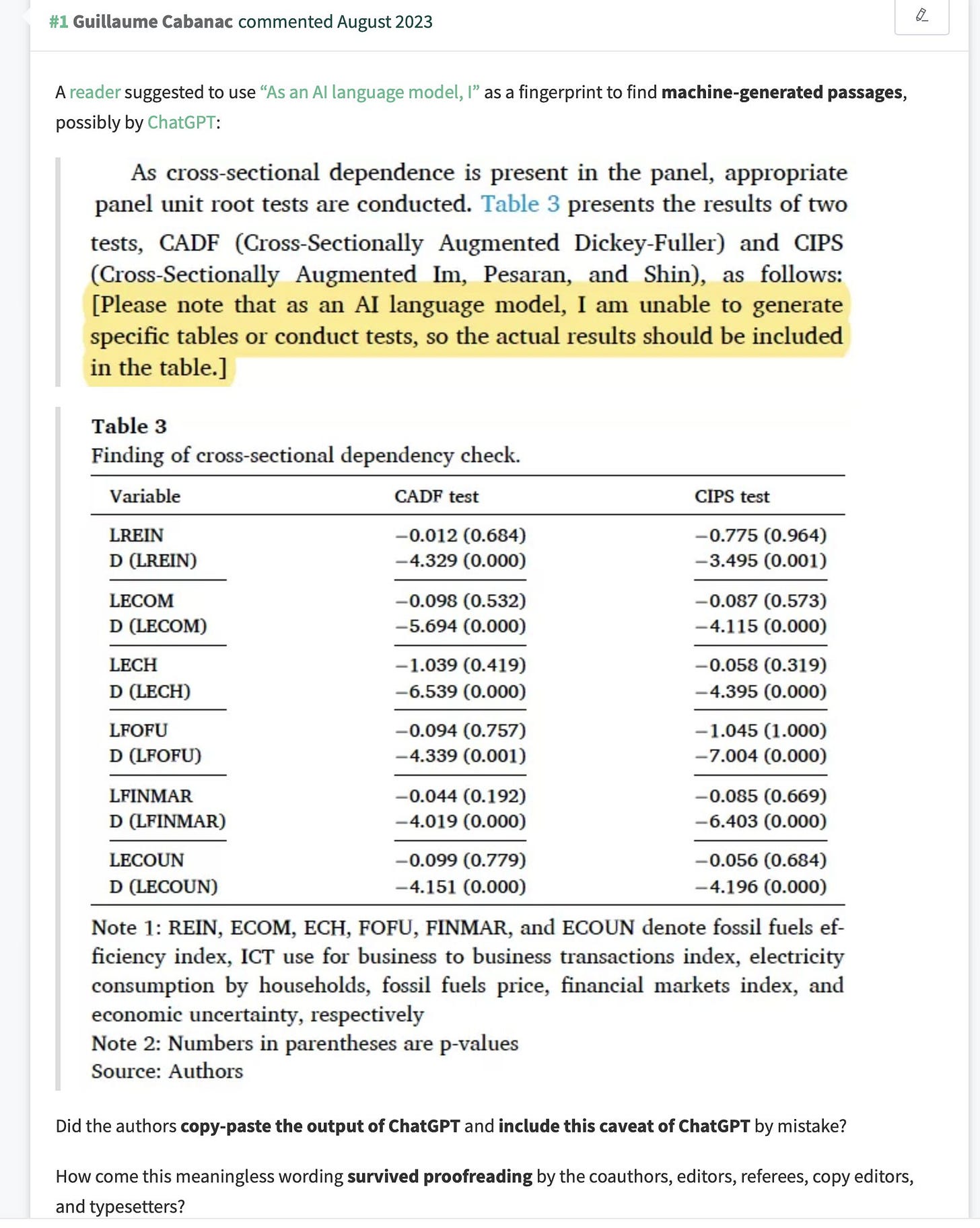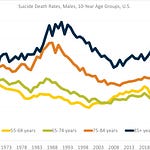Three different tales of seeking something other than truth — and definitely getting something else: deadly chihuahuas (?), ChatGPT-generated academic papers (?), and who exactly tampered with data… and shouldn’t the researchers whose names are on the paper have checked that the data were credible?
Episode Links
The stupid argument on Reddit (ripped out of context to protect the stupid):
Matthew 7:7-8, KJV
7 Ask, and it shall be given you; seek, and ye shall find; knock, and it shall be opened unto you:
8 For every one that asketh receiveth; and he that seeketh findeth; and to him that knocketh it shall be opened.
ChatGPT in Academic Papers
https://twitter.com/gcabanac/status/1689334454798491648
Data Tampering Followup - Lawsuit
PDF here: https://storage.courtlistener.com/recap/gov.uscourts.mad.259933/gov.uscourts.mad.259933.1.0.pdf
THE NATURE OF THIS ACTION
Plaintiff Francesca Gino (“Plaintiff” or “Professor Gino”) is employed by Harvard University as a tenured Professor at the Harvard Business School.
Plaintiff is an internationally renowned behavioral scientist, author, and teacher. She has written over 140 academic articles, both as an author and as a co-author, exploring the psychology of people’s decision-making.
Plaintiff has never falsified or fabricated data.
In July 2021, a trio of professors and behavioral scientists (all male), Defendant Uri Simonsohn, Defendant Leif Nelson, and Defendant Joseph Simmons, who have a blog named “Data Colada,” (and who are collectively referred to herein as “Data Colada”), approached Harvard Business School with alleged concerns about perceived anomalies and “fraud” in the data of four studies in academic articles authored by Plaintiff.
Data Colada threatened to post the “fraud” allegations on their blog, thereby subjecting Plaintiff, and by extension, Harvard Business School, to public scrutiny.
Without Plaintiff’s knowledge, Harvard University and the Dean of Harvard Business School, Defendant Srikant Datar (“Dean Datar”), negotiated an agreement with Data Colada pursuant to which Harvard Business School investigated the allegations, in accordance with a new employment policy created solely for Plaintiff, in exchange for Data Colada’s silence during the investigation period. Unbeknownst to Plaintiff, Harvard Business School further agreed to disclose the outcome of the investigation to Data Colada, who could then subject Plaintiff’s work and professional reputation to public disparagement on its blog.
Pursuant to its negotiations with Data Colada, in August 2021, Harvard Business School created the “Interim Policy and Procedures for Responding to Allegations of Research Misconduct” (“Interim Policy”) just for Plaintiff, which included a range of potential sanctions, including termination of employment.
Under said Interim Policy, a finding of research misconduct required an investigation committee to prove, by a preponderance of the evidence, that Plaintiff “intentionally, knowingly, or recklessly” falsified or fabricated data, and to specify for each allegation the requisite intent.
Under said Interim Policy, as with any other policy at Harvard, allegations were required to be made in good faith, and an investigation was required to be fair. Neither of those things happened in this case.
NPR: Fabricated data in research about honesty. You can't make this stuff up. Or, can you?
The Hartford, an insurance company that collaborated with Ariely on one implicated study, told NPR this week in a statement that it could confirm that the data it had provided for that study had been altered after they gave it to Ariely, but prior to the research's publication: "It is clear the data was manipulated inappropriately and supplemented by synthesized or fabricated data."
Ariely denies that he was responsible for the falsified data. "Getting the data file was the extent of my involvement with the data," he told NPR.
Read The Hartford statement to NPR:
Prior two episodes on the Data Colada investigation into the faked data:
Lying about lying
Listen now (38 mins) | I go through the story of some social science experiments on dishonesty that seem to have some data that have been altered from their original form. I first wrote about these experiments back in 2013, then had an update in 2021 when data scientists at Data Colada found altered data from one of the studies, and now they have found further evidence of dat…
Lying about Science
Listen now (32 mins) | I discuss two other research reports by Francesca Gino in which the Data Colada fraud researchers found tampered data, how science (and other STEM) actually gets developed, and the need for publishing negative results … that there’s no “there” there. Even the “hard” sciences find replication problems in research sometimes.


















Share this post